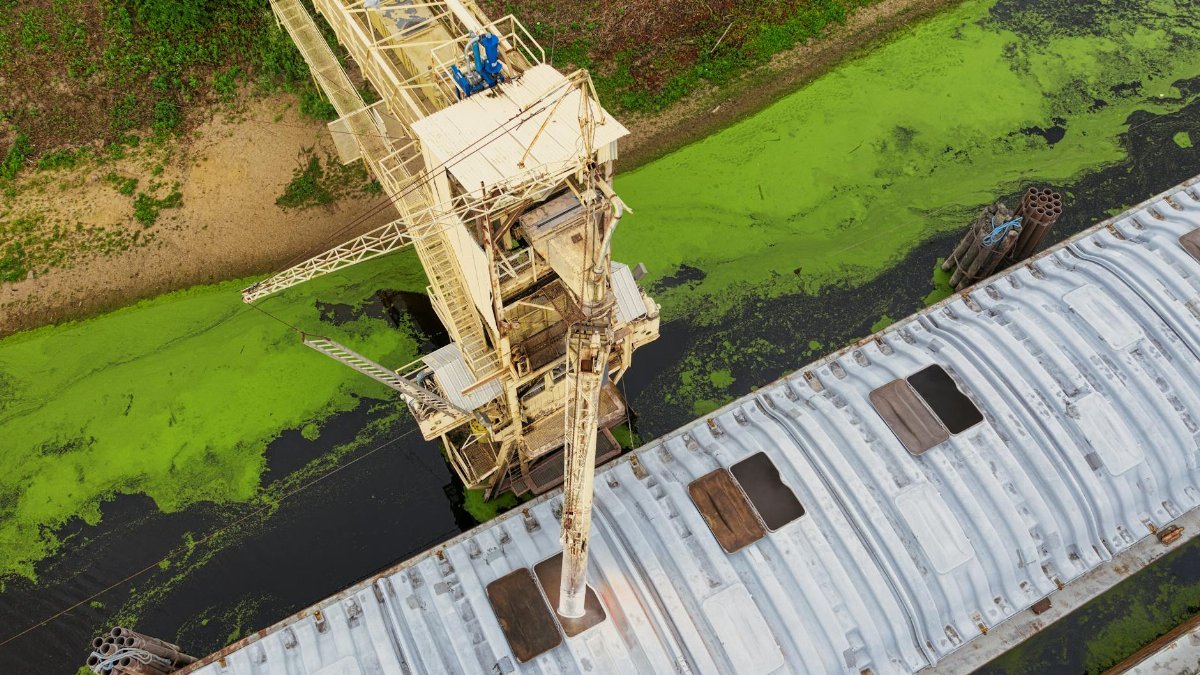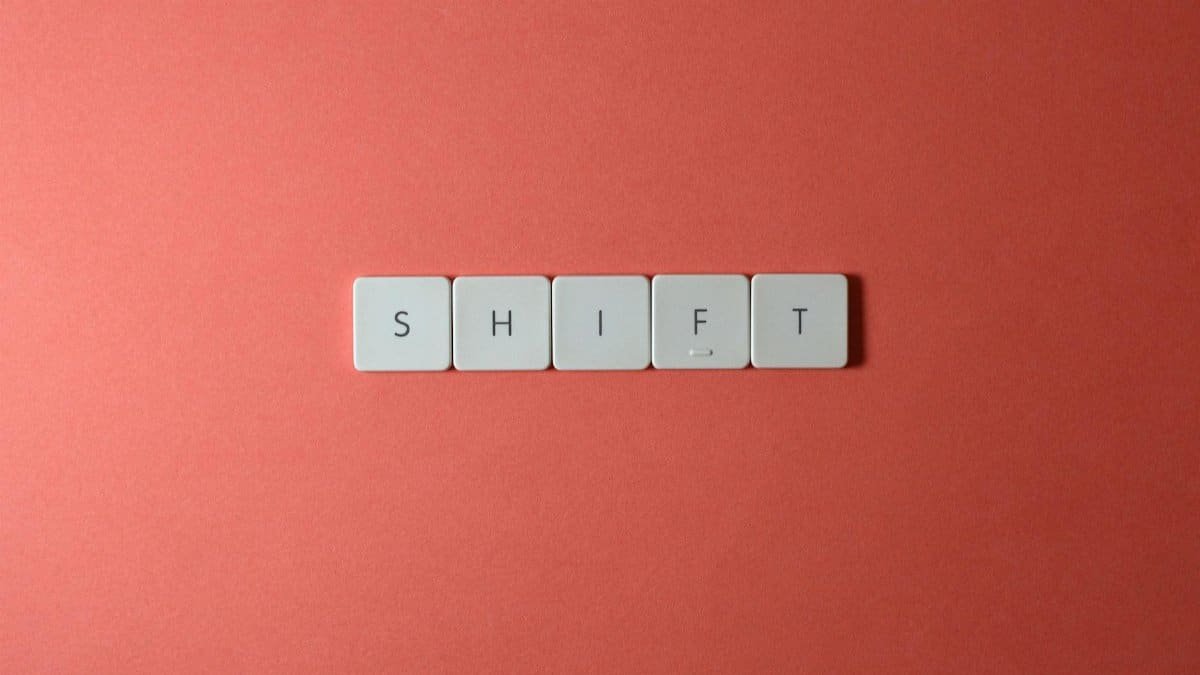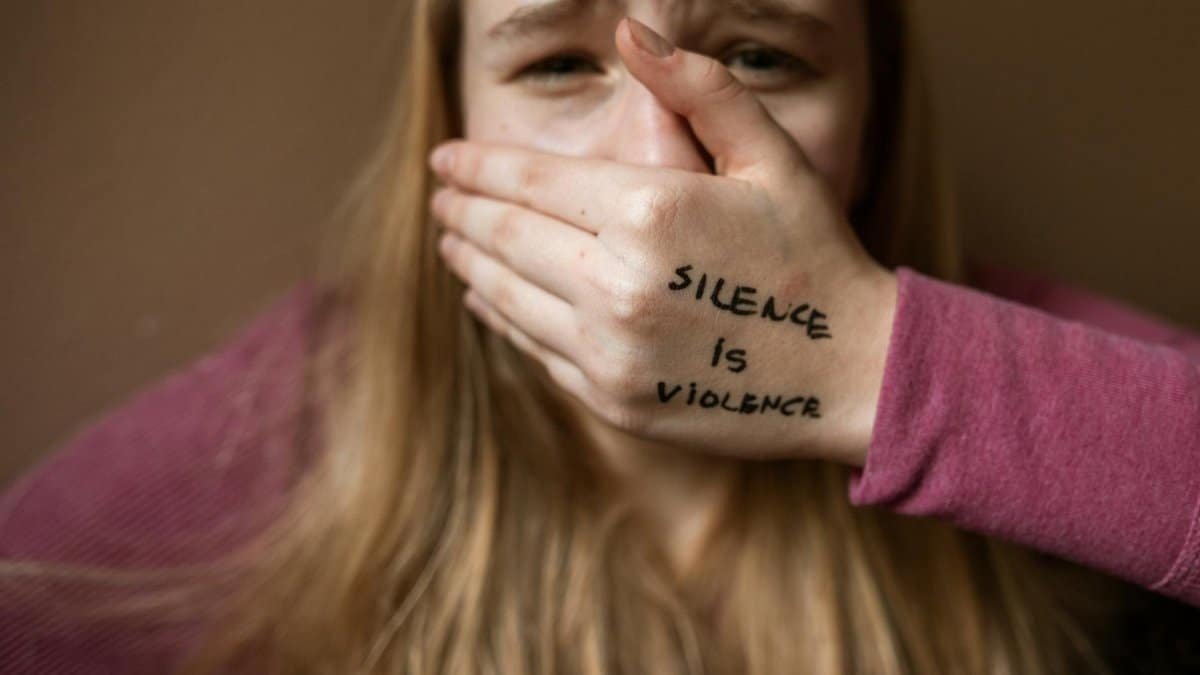The Toll on Mental Health

In a world obsessed with fitting in, millions are paying a steep price for wearing emotional masks. New data from the American Psychological Association shows that 45% of adults report heightened anxiety from suppressing their true selves, up from 32% a decade ago. This isn’t just discomfort—it’s a hidden epidemic eroding well-being. Awareness healing, a practice rooted in mindfulness and self-reflection, emerges as a potential antidote, encouraging individuals to confront and embrace their authentic identities. But is it enough to break free?
Unmasking the Daily Strain

Picture the average workday: smiling through stress, nodding at opinions you despise, all to blend in. Experts say this constant performance drains energy reserves. A study by Harvard Medical School links chronic inauthenticity to elevated cortisol levels, the stress hormone that wreaks havoc on sleep and immunity. “It’s like running a marathon with weights on,” notes psychologist Dr. Elena Ramirez in a recent interview. For many, this facade starts in adolescence and lingers into adulthood, amplifying isolation in an already disconnected society.
Social Media’s Role in the Masquerade

Scroll through Instagram, and it’s a parade of perfect lives—filtered, curated, and utterly fake. Pew Research Center reports that 69% of young adults feel pressure to present an idealized self online, fueling a cycle of comparison and self-doubt. This digital masking exacerbates real-world costs, from fractured relationships to burnout. Awareness healing techniques, like journaling or meditation, aim to peel back these layers, fostering genuine connections. Yet, as algorithms reward perfection, escaping the trap feels harder than ever in 2025.
Economic Impacts of Inauthenticity

Beyond the mind, faking it hits the wallet. Gallup’s workplace surveys indicate that disengaged employees—often those masking dissatisfaction—cost U.S. businesses up to $550 billion annually in lost productivity. Pretending to love a job or role leads to higher turnover and absenteeism. Therapists promoting awareness healing argue that self-awareness boosts job satisfaction, potentially reversing these trends. Imagine a workforce where authenticity drives innovation rather than conformity stifling it.
Relationships Under the Mask

Intimacy suffers when masks stay on. Couples therapists report a surge in clients struggling with vulnerability, where one partner’s facade creates emotional walls. A 2024 report from the American Psychological Association’s Relationships Section highlights how inauthenticity correlates with higher divorce rates. Awareness healing encourages open dialogues, helping partners reveal true feelings without fear. “Authenticity is the foundation of trust,” says relationship expert Mia Chen, emphasizing small steps like daily check-ins.
Health Consequences Beyond Stress

The body bears the brunt too. Chronic masking links to physical ailments, from headaches to digestive issues, per findings from the National Institutes of Health. Their research shows suppressed emotions can manifest as somatic symptoms, ignored until they escalate. In 2025, with rising healthcare costs, prevention through practices like awareness healing gains traction. Mindfulness apps and workshops teach recognition of internal signals, potentially reducing doctor visits and improving overall vitality.
Cultural Pressures Fueling the Habit

From family expectations to societal norms, cultural forces demand conformity. Immigrant communities, for instance, often navigate dual identities, masking heritage to assimilate. A study by the Pew Research Center’s Social Trends reveals 58% of second-generation Americans feel this pull, leading to identity crises. Awareness healing offers tools to integrate these facets, promoting cultural pride without alienation.
Breaking Free: Steps Toward Authenticity

Starting small can shatter the mask. Begin with self-assessment: What values are you compromising? Therapists recommend awareness healing exercises, such as guided visualizations, to rebuild self-trust. Community groups and online forums provide support, normalizing the journey. Success stories abound—one executive quit her high-powered job after realizing it clashed with her core self, finding fulfillment in a creative field. The key? Patience and persistence in a fast-paced world.
The Broader Societal Shift

As awareness spreads, movements like mental health advocacy push for unmasked living. Corporate wellness programs now include authenticity training, reflecting a 2025 trend toward holistic employee care. Yet challenges remain: stigma around vulnerability persists, especially for men. Experts predict that embracing awareness healing could transform societal norms, reducing collective burnout and fostering empathy. It’s not just personal—it’s a cultural revolution in the making.
Why Awareness Healing Matters Now

In an era of rapid change, the cost of masking is too high to ignore. With remote work blurring personal and professional lines, authenticity becomes essential for sanity. Awareness healing isn’t a quick fix but a pathway to peace, as the meta description suggests: stop running from yourself. By addressing these hidden tolls, individuals and society can heal, one unmasked moment at a time.
